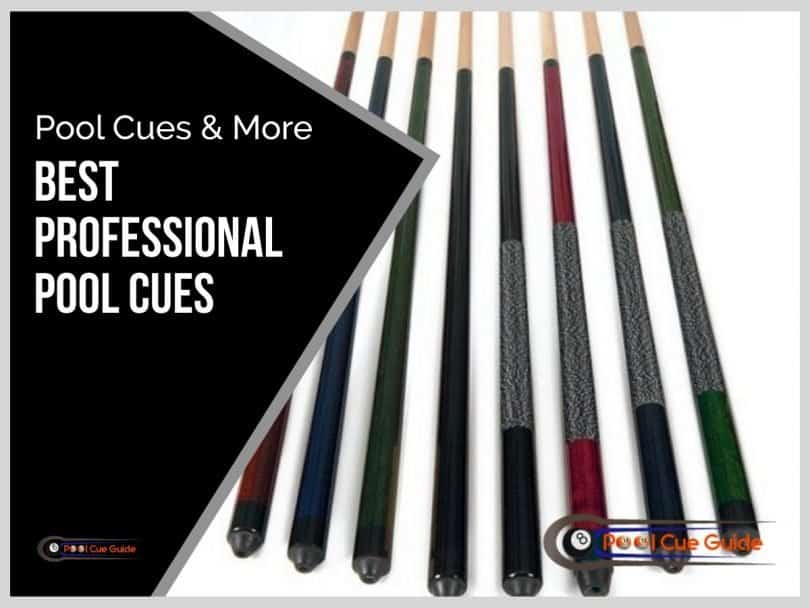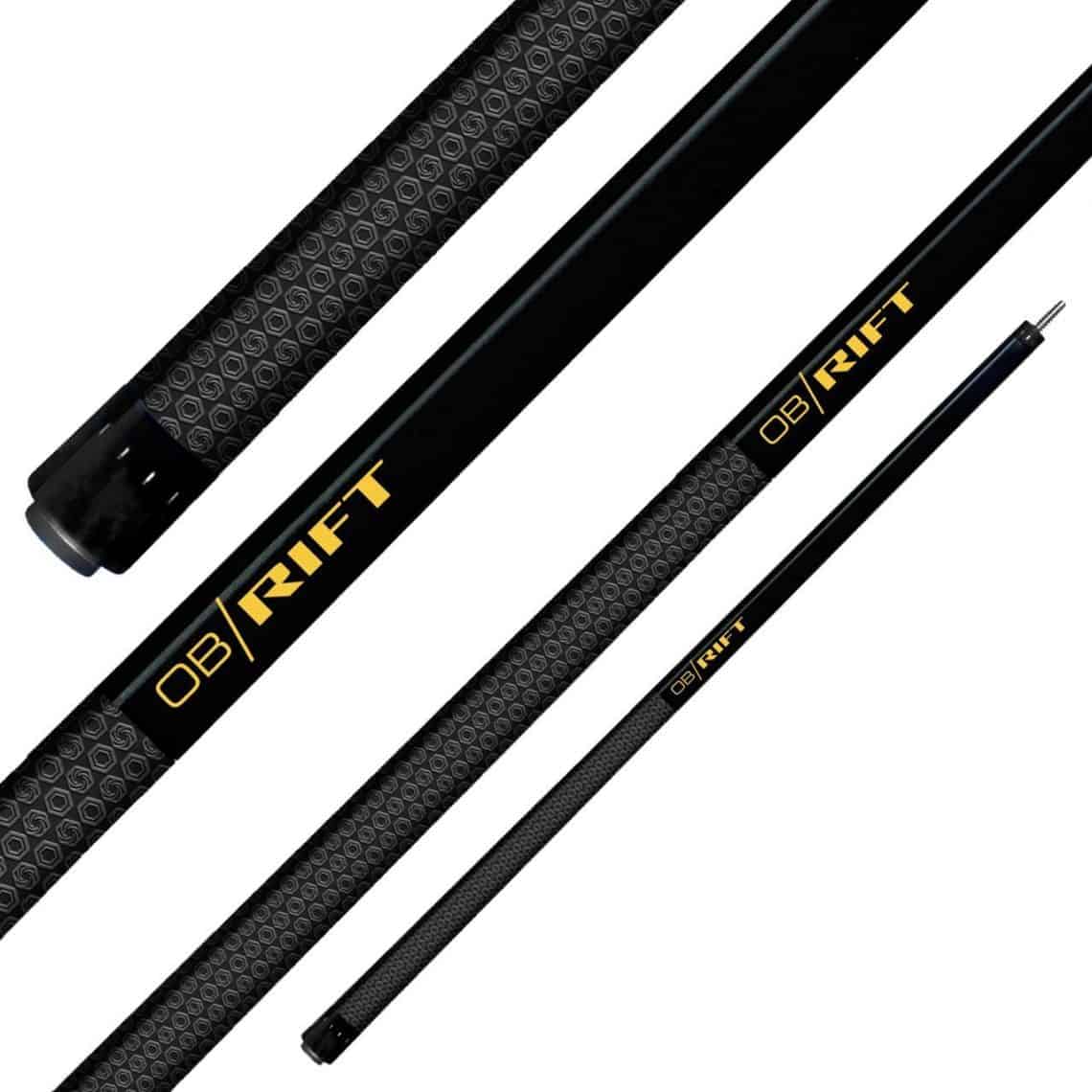Let's talk about pool cues, shall we? If you're a pool enthusiast or just someone looking to step up their game, finding the right cue is like finding the perfect pair of shoes—it can make all the difference. But with so many options out there, how do you know who makes the best pool cues? Let's dive into this game-changing guide and figure it out together. Whether you're a beginner or a seasoned player, the right cue can elevate your performance and make every shot count.
Pool cues are more than just sticks; they're an extension of your skill and precision on the table. Choosing the right one isn't just about aesthetics—it's about finding a cue that matches your playing style, budget, and comfort level. From the materials used to the craftsmanship, every detail matters when it comes to building the ultimate pool cue.
In this guide, we'll break down everything you need to know to find the perfect cue for your game. We'll explore the top brands, the factors that make a cue exceptional, and how to avoid common pitfalls. So grab your favorite beverage, and let's get rolling!
Here's a quick rundown of what we'll cover:
- Introduction to Pool Cues
- Top Brands in Pool Cues
- Material Selection for the Best Pool Cues
- Why Craftsmanship Matters
- Ergonomics: Comfort and Control
- Budget Guide: How Much Should You Spend?
- Customization Options for Pool Cues
- Common Mistakes to Avoid
- Testing Pool Cues: What to Look For
- Final Thoughts and Recommendations
Introduction to Pool Cues
Before we dive into the nitty-gritty, let's take a moment to understand what makes a pool cue tick. A pool cue is essentially a long, tapered stick designed to strike the cue ball in billiards games. But don't be fooled by its simplicity—it's a piece of engineering that combines physics, material science, and artistry.
When shopping for a cue, consider factors like weight, balance, taper, and tip. These elements affect how the cue feels in your hand and how it performs during gameplay. A well-balanced cue can improve accuracy, while a poorly made one might hinder your shots.
So, who makes the best pool cues? Well, that depends on what you're looking for. Are you after affordability, luxury, or performance? Let's break it down!
Why Is Choosing the Right Cue Important?
Choosing the right cue isn't just about personal preference—it's about enhancing your game. A good cue can help you execute tricky shots with precision, while a subpar one might leave you frustrated. Think of it this way: would you rather play golf with a broken club or a top-of-the-line driver? The choice is clear.
Top Brands in Pool Cues
Now that we've established why choosing the right cue is crucial, let's talk about the big players in the pool cue industry. These brands have been around for years, building a reputation for quality and innovation. Here are some of the top names you should know:
- McDermott: Known for their high-end cues and intricate designs, McDermott is a favorite among professional players.
- Schon Darts & Cues: Offering both affordable and premium options, Schon is a great choice for players of all levels.
- Pearl: With a focus on craftsmanship and durability, Pearl cues are built to last.
- Mezz: Renowned for their innovative designs and cutting-edge technology, Mezz cues are a popular choice for competitive players.
Each of these brands brings something unique to the table, so it's worth exploring their offerings to find the perfect fit for your game.
What Sets These Brands Apart?
While all these brands produce quality cues, what sets them apart is their approach to design, materials, and craftsmanship. For instance, McDermott's cues are often adorned with stunning inlays and designs, making them as much a piece of art as they are a tool for the game. On the other hand, Mezz focuses on technological advancements, offering cues with features like shock-absorbing joints and specialized tips.
Material Selection for the Best Pool Cues
Materials play a huge role in determining the quality and performance of a pool cue. Traditionally, cues were made from wood, but modern technology has introduced new materials like fiberglass and carbon fiber. Here's a breakdown of the most common materials used in pool cues:
- Wood: Classic and reliable, wood cues are known for their natural feel and responsiveness. Maple and ash are popular choices due to their density and stability.
- Carbon Fiber: Lightweight and durable, carbon fiber cues are favored by players who want a modern, high-tech option. They offer excellent consistency and are less prone to warping.
- Fiberglass: Combining strength and flexibility, fiberglass cues are a great middle-ground option for players who want the best of both worlds.
Ultimately, the material you choose will depend on your personal preferences and playing style. Some players swear by the traditional feel of wood, while others prefer the modern advantages of carbon fiber.
Why Material Matters
The material of your cue affects everything from its weight and balance to its responsiveness and durability. For example, a wooden cue might feel heavier and more stable, while a carbon fiber cue could offer a lighter, more responsive experience. Understanding these differences can help you make an informed decision when selecting a cue.
Why Craftsmanship Matters
Craftsmanship is the difference between a good cue and a great one. A well-crafted cue will have precise joints, smooth finishes, and consistent weight distribution. These details might seem minor, but they can significantly impact your gameplay.
When evaluating craftsmanship, look for cues with tight joints, minimal warping, and a smooth finish. A cue that feels rough or uneven in your hand is likely a sign of poor craftsmanship.
How to Spot Quality Craftsmanship
Here are a few things to look for when assessing the craftsmanship of a pool cue:
- Tight Joints: The joint between the shaft and the butt should fit snugly, with no gaps or wobbling.
- Smooth Finish: The surface of the cue should feel smooth and polished, with no rough edges or imperfections.
- Consistent Weight: A well-crafted cue will have a balanced weight distribution, making it easier to control during gameplay.
These details might seem small, but they can make a big difference in your overall experience.
Ergonomics: Comfort and Control
Ergonomics is all about comfort and control. A cue that feels good in your hand will allow you to play longer and with greater precision. Factors like grip, taper, and weight all contribute to the ergonomics of a cue.
When trying out a new cue, pay attention to how it feels in your hand. Does it fit comfortably? Does it allow you to maintain control during shots? These are important considerations that can affect your performance.
Tips for Finding the Right Ergonomic Fit
Here are a few tips to help you find the right ergonomic fit for your cue:
- Test Different Grips: Try cues with different grip styles to see which one feels most comfortable.
- Consider Weight: A heavier cue might provide more stability, while a lighter one could offer greater speed and agility.
- Check the Taper: The taper of the cue affects how it feels in your hand. A gradual taper might feel smoother, while a sharper taper could offer more control.
Remember, comfort is key. A cue that feels right for you is the one you'll want to use time and time again.
Budget Guide: How Much Should You Spend?
Pool cues come in a wide range of prices, from budget-friendly options to high-end luxury cues. How much you should spend depends on your skill level, frequency of play, and personal preferences.
For beginners, a cue in the $50-$150 range is a great starting point. These cues offer good quality without breaking the bank. Intermediate players might consider cues in the $150-$300 range, while advanced players and professionals might opt for cues priced at $300 or more.
Factors to Consider When Setting a Budget
Here are a few factors to consider when setting a budget for your pool cue:
- Skill Level: Beginners might not need the same level of precision as advanced players.
- Frequency of Play: If you play frequently, investing in a higher-quality cue might be worth it.
- Personal Preferences: Some players prioritize aesthetics, while others focus on performance.
Ultimately, the right cue for you will depend on your unique needs and preferences.
Customization Options for Pool Cues
Many pool cue manufacturers offer customization options, allowing players to create a cue that truly reflects their personality and style. From custom inlays and designs to personalized grips and weights, the possibilities are endless.
Customizing your cue can be a fun and rewarding experience, but it's important to keep a few things in mind. First, consider how much you're willing to spend on customization. Second, think about what features are most important to you—do you want a cue that's visually striking, or one that offers enhanced performance?
Popular Customization Options
Here are some popular customization options to consider:
- Inlays and Designs: Add a personal touch with custom inlays or designs.
- Grip Materials: Choose from a variety of grip materials, such as leather or rubber.
- Weight Adjustments: Customize the weight of your cue to suit your playing style.
Customization allows you to create a cue that's truly one-of-a-kind, so don't be afraid to get creative!
Common Mistakes to Avoid
When shopping for a pool cue, it's easy to make mistakes that could affect your gameplay. Here are a few common pitfalls to watch out for:
- Ignoring Ergonomics: Don't overlook how the cue feels in your hand—comfort is key.
- Overlooking Craftsmanship: A poorly crafted cue might seem like a bargain, but it could hinder your performance.
- Not Testing Before Buying: Always test a cue before purchasing to ensure it meets your needs.
By avoiding these mistakes, you can ensure that you're investing in a cue that will enhance your game rather than hold you back.
How to Avoid These Mistakes
Here are a few tips to help you avoid common mistakes when shopping for a pool cue:
- Do Your Research: Read reviews and compare options before making a purchase.
- Test Multiple Cues: Try out different cues to find the one that feels right for you.
- Consult Experts: Don't hesitate to ask for advice from experienced players or professionals.
By taking the time to make an informed decision, you'll be more likely to find the perfect cue for your game.
Testing Pool Cues: What to Look For
Testing a pool cue is one of the best ways to determine if it's the right fit for you. When testing a cue, pay attention to how it feels in your hand, how it responds during shots, and how it affects your overall gameplay.
Here are a few things to look for when testing a cue:
- Weight and Balance: Does the cue feel balanced and comfortable in your hand?


